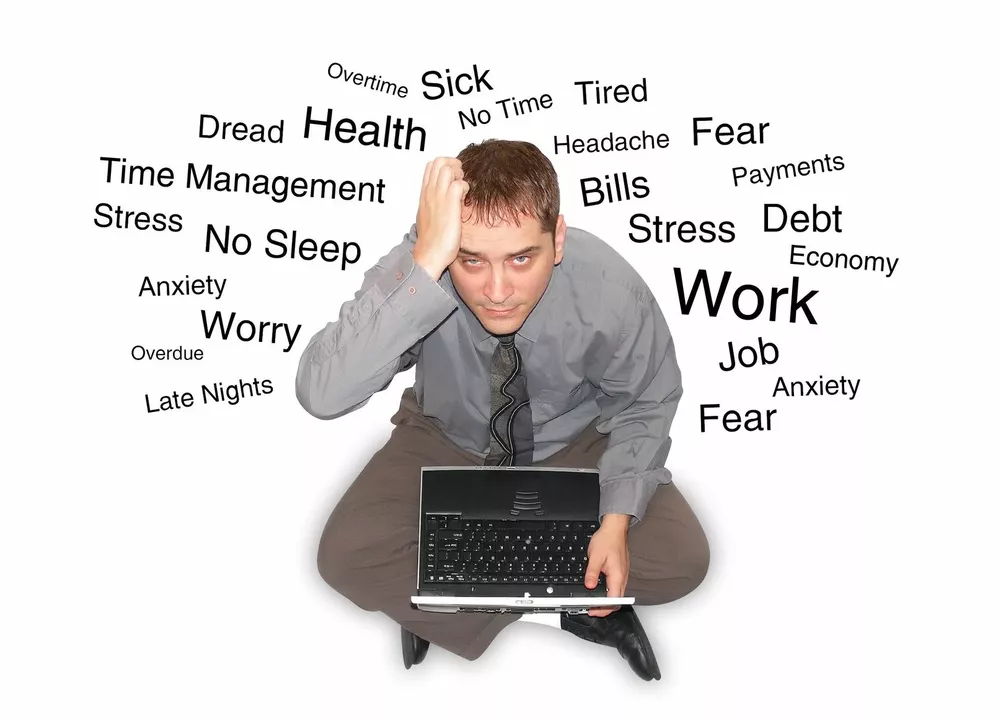Clonidine: Uses, Dosing, Side Effects
Clonidine is a simple but powerful medicine used for several conditions. Most often it treats high blood pressure, but doctors also use it for ADHD, withdrawal symptoms, and certain sleep or anxiety problems. It works by activating alpha-2 receptors in the brain, which lowers nerve signals that raise blood pressure. That mechanism also explains common side effects like drowsiness and dry mouth.
How people take clonidine depends on the reason. Oral tablets come in 0.1 mg and 0.2 mg sizes and extended‑release forms exist for ADHD and symptoms. A typical starting dose for adults with hypertension is 0.1 mg twice daily, adjusted slowly by your prescriber. For ADHD, extended‑release dosing is often titrated and given once daily; kids get lower doses. Transdermal patches are available for continuous delivery over seven days and can help if swallowing pills is a problem.
Watch for these side effects. Drowsiness and dry mouth are most common; they often ease in a week or two. Some people feel lightheaded when standing, especially after the first dose or a dose increase. Clonidine can slow the heart rate and lower blood pressure too much if taken with other blood pressure drugs. Rare but serious effects include fainting and severe dizziness.
Stopping clonidine suddenly can cause rapid rebound hypertension, which can be dangerous. If you or your child need to stop the drug, work with your prescriber on a gradual taper over days to weeks. Also tell your doctor about other medicines you take: combining clonidine with sedatives, opioids, or alcohol raises the chance of excessive drowsiness and breathing problems.
Practical tips to use clonidine safely. Take the first doses at night to reduce daytime drowsiness and dizziness. Measure blood pressure and pulse at home during the week so you notice big drops. Sip water to ease dry mouth. If you need surgery or a procedure, remind your provider you’re on clonidine — they may adjust medications around the time of the procedure.
Special groups need extra care. Older adults may be more sensitive to dizziness and falls. Children prescribed clonidine for ADHD or sleep should have close follow‑up to watch behavior and sleep patterns. Pregnant or breastfeeding people should talk to their clinician because risks and benefits vary.
When to call a clinician: severe dizziness, fainting, very slow heartbeat, chest pain, or signs of very high blood pressure after stopping the drug. Also report confusion, severe lethargy, or breathing trouble.
Clonidine is not right for everyone, but used carefully it’s a useful option for blood pressure control, ADHD, withdrawal support, and some other conditions. Talk openly with your healthcare provider about what to expect, how to taper if needed, and simple habits to reduce side effects.
Quick checklist before starting clonidine: list current medicines, monitor blood pressure daily, schedule follow-up within one to two weeks, avoid alcohol and sedatives, learn taper steps, and call your provider for severe dizziness, slow heartbeat, or breathing problems for any new worrying symptoms.

- May 21, 2023
- SkyCaddie Fixer
- 18 Comments
The Benefits of Clonidine for Anxiety and Stress Management
I recently came across some interesting information on how Clonidine can be beneficial for managing anxiety and stress. Apparently, this medication, which is usually prescribed for high blood pressure, can also help reduce symptoms of anxiety by lowering the body's stress response. Not only does it help in keeping the heart rate and blood pressure in check, but it also has a calming effect on the mind. I think it's fascinating how this drug can be so versatile in addressing both physical and mental health issues. It's definitely worth looking into if you're struggling with anxiety and stress management.
